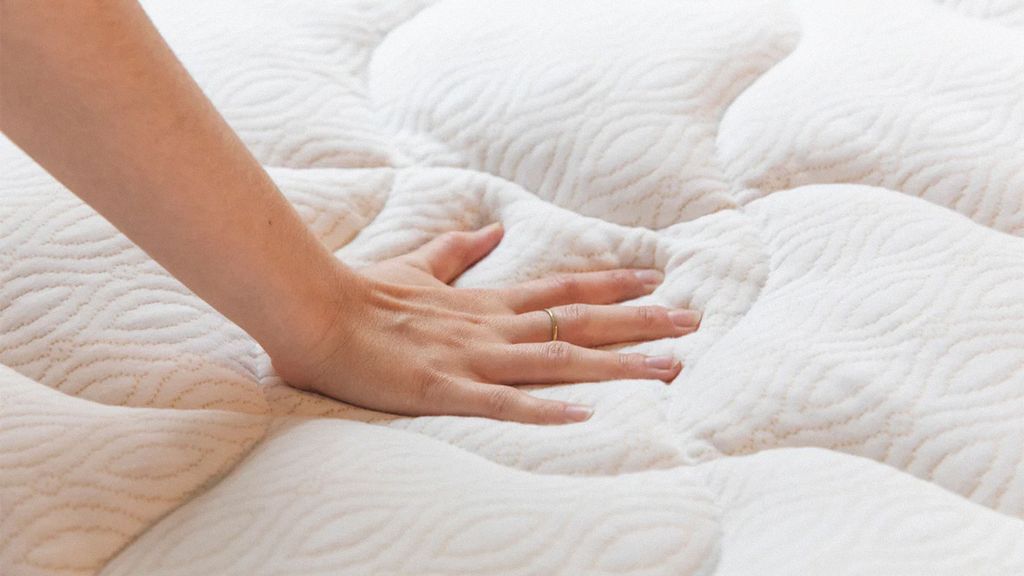If you've ever reached into your kitchen sink to wash the dishes or get a glass of water, only to find a spider scurrying around, you're not alone. Spiders are common kitchen invaders, and their presence can be quite unsettling. Not to mention, they can contaminate your food and spread germs. So, how do you get rid of spiders in your kitchen sink? Keep reading to find out!How to Get Rid of Spiders in Your Kitchen Sink
Before you can effectively get rid of spiders in your kitchen sink, it's important to know what type of spiders you're dealing with. The most common types of spiders found in kitchens include house spiders, cellar spiders, and wolf spiders. House spiders are typically brown or gray and have a round abdomen. Cellar spiders, also known as daddy longlegs, have long, thin legs and a small body. Wolf spiders are larger and have a distinct pattern on their backs.Identifying Common Kitchen Sink Spiders
The best way to deal with spiders in your kitchen sink is to prevent them from entering in the first place. Spiders are attracted to dark and damp areas, making your kitchen sink the perfect spot for them to hide. To keep spiders out, make sure to keep your sink clean and dry. Wipe up any spills or standing water immediately and regularly clean your sink with a mixture of water and dish soap.Preventing Spiders from Entering Your Kitchen Sink
If you're not a fan of using chemical insecticides, there are plenty of natural remedies that can help repel spiders from your kitchen sink. Peppermint oil, vinegar, and citrus peels are all known to be effective in repelling spiders. Simply mix a few drops of peppermint oil or vinegar with water and spray it around your sink and other areas where spiders may enter. You can also place citrus peels around your sink to keep spiders away.Using Natural Remedies to Repel Spiders
If you already have spiders in your kitchen sink, the best way to get rid of them is to physically remove them. Use a cup or jar to capture the spider and release it outside. Be sure to wear gloves and handle the spider carefully to avoid getting bitten. If you're not comfortable removing the spider yourself, you can always call a pest control professional to safely remove it for you.Removing Spiders from Your Kitchen Sink
As mentioned earlier, keeping your kitchen sink clean and dry is key to preventing spiders from entering your kitchen. In addition to wiping up spills and regularly cleaning your sink, it's also important to keep your kitchen clutter-free. Spiders love to hide in clutter, so make sure to keep your counters and sink area free of any unnecessary items.Keeping Your Kitchen Sink Clean and Dry
Spiders can enter your kitchen through even the tiniest cracks and openings. To keep them out, make sure to seal any cracks or gaps around your sink, windows, and doors. You can use caulk or weather stripping to seal these areas and prevent spiders from finding their way in.Sealing Cracks and Openings in Your Kitchen
If you have a severe spider infestation in your kitchen sink, it may be time to call in the professionals. A pest control expert will be able to identify the type of spiders in your kitchen and effectively remove them. They can also provide tips on how to prevent future spider infestations in your kitchen sink.Calling a Professional Exterminator
If natural remedies and physical removal methods aren't doing the trick, you may need to use insecticides to get rid of spiders in your kitchen sink. Look for insecticides labeled specifically for spiders and follow the instructions carefully. It's important to note that insecticides may also be harmful to other insects, so use with caution.Using Insecticides to Get Rid of Spiders
Once you've successfully gotten rid of spiders in your kitchen sink, it's important to take steps to prevent them from returning. This includes regularly cleaning and drying your sink, sealing any cracks and openings, and using natural repellents. By following these tips, you can keep your kitchen sink spider-free and enjoy a clean and pest-free kitchen.Preventing Future Spider Infestations in Your Kitchen Sink
The Importance of Designing a Functional and Aesthetic Kitchen Space

Creating a Welcoming Kitchen
 When it comes to designing a house, the kitchen is often considered the heart of the home. It is where families gather to cook and eat meals, where friends come together for a cup of coffee or a glass of wine, and where memories are made. As such, it is crucial to create a kitchen space that is both functional and aesthetically pleasing. This is especially important when it comes to the kitchen sink, as it is one of the most used and visible elements in the kitchen. Imagine walking into your kitchen and finding a
spider in your kitchen sink
. It would be quite a shock and could potentially ruin your entire experience in the space.
When it comes to designing a house, the kitchen is often considered the heart of the home. It is where families gather to cook and eat meals, where friends come together for a cup of coffee or a glass of wine, and where memories are made. As such, it is crucial to create a kitchen space that is both functional and aesthetically pleasing. This is especially important when it comes to the kitchen sink, as it is one of the most used and visible elements in the kitchen. Imagine walking into your kitchen and finding a
spider in your kitchen sink
. It would be quite a shock and could potentially ruin your entire experience in the space.
Functionality in Kitchen Design
Aesthetics in Kitchen Design
 While functionality is key, the aesthetics of the kitchen should not be overlooked. The kitchen sink is often a focal point in the space, so it should be visually appealing. This can be achieved through the use of materials such as stainless steel, porcelain, or granite. These materials not only add a touch of elegance to the kitchen but are also durable and easy to clean. Additionally, the sink should be complemented by a stylish faucet and coordinating hardware to tie the design together.
While functionality is key, the aesthetics of the kitchen should not be overlooked. The kitchen sink is often a focal point in the space, so it should be visually appealing. This can be achieved through the use of materials such as stainless steel, porcelain, or granite. These materials not only add a touch of elegance to the kitchen but are also durable and easy to clean. Additionally, the sink should be complemented by a stylish faucet and coordinating hardware to tie the design together.
Bringing it All Together
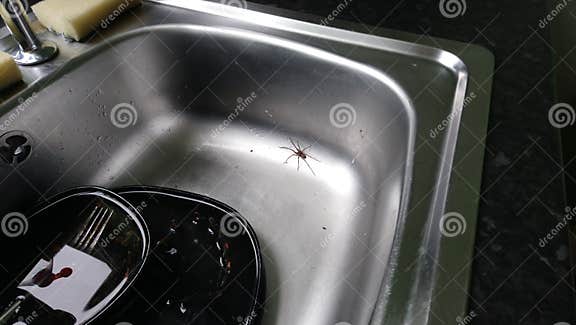 In conclusion, designing a functional and aesthetic kitchen space is crucial for creating a welcoming and enjoyable environment in your home. The kitchen sink plays a significant role in this design, as it is a highly utilized element in the space. By considering both functionality and aesthetics in the design of the sink, you can ensure that your kitchen is not only a functional space but also a beautiful one. So next time you see a
spider in your kitchen sink
, remember the importance of a well-designed kitchen and take the necessary steps to make it a space that you and your loved ones can truly enjoy.
In conclusion, designing a functional and aesthetic kitchen space is crucial for creating a welcoming and enjoyable environment in your home. The kitchen sink plays a significant role in this design, as it is a highly utilized element in the space. By considering both functionality and aesthetics in the design of the sink, you can ensure that your kitchen is not only a functional space but also a beautiful one. So next time you see a
spider in your kitchen sink
, remember the importance of a well-designed kitchen and take the necessary steps to make it a space that you and your loved ones can truly enjoy.
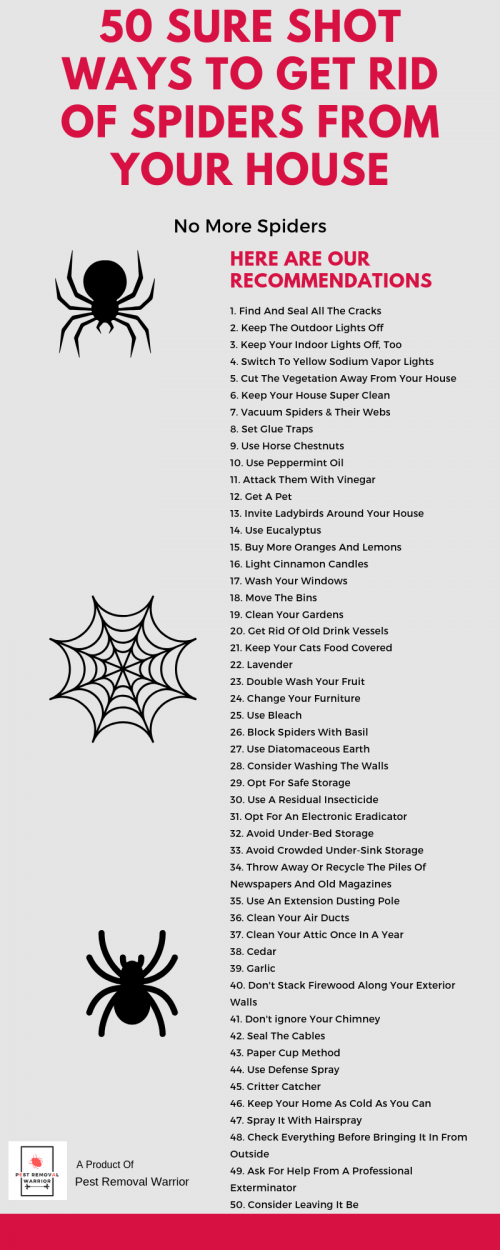




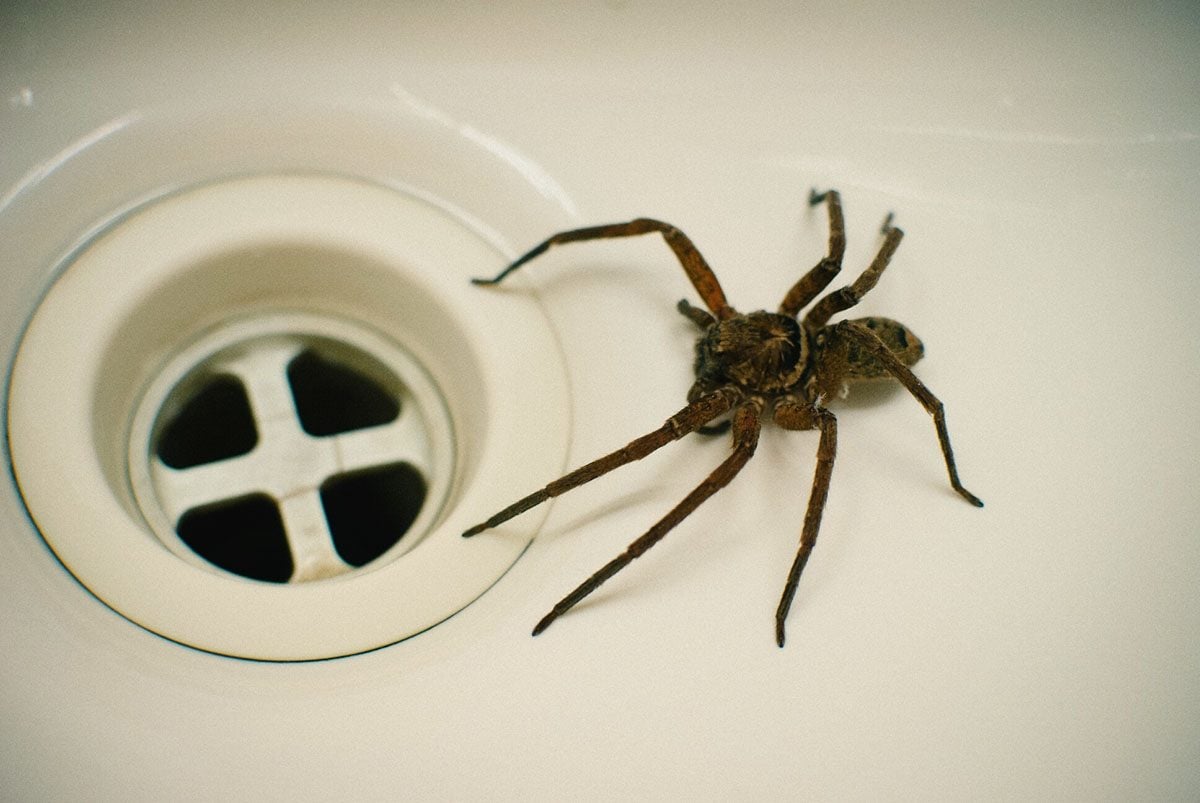







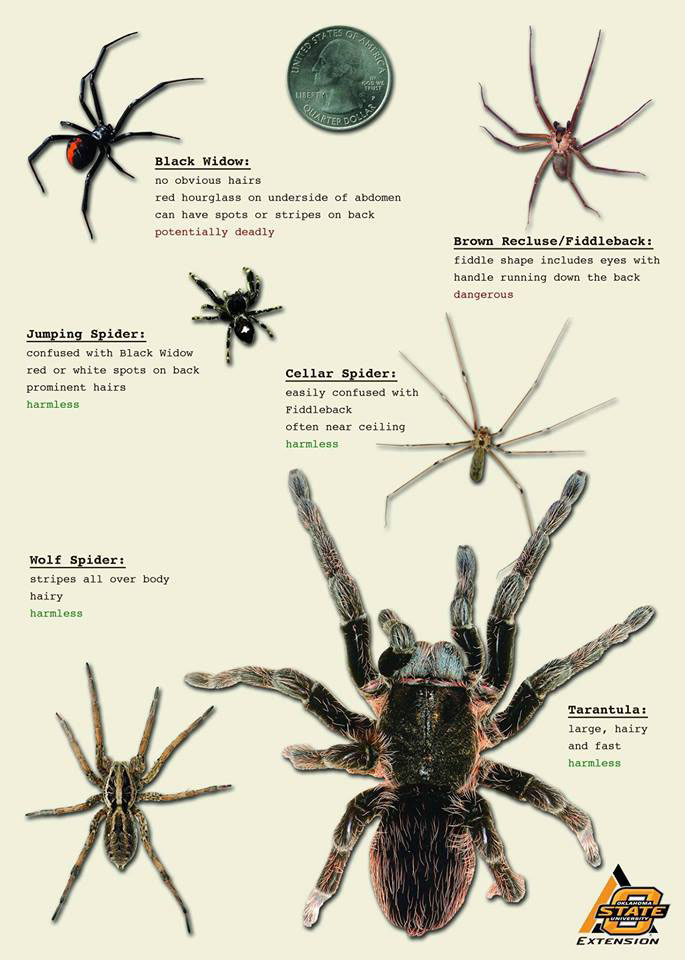





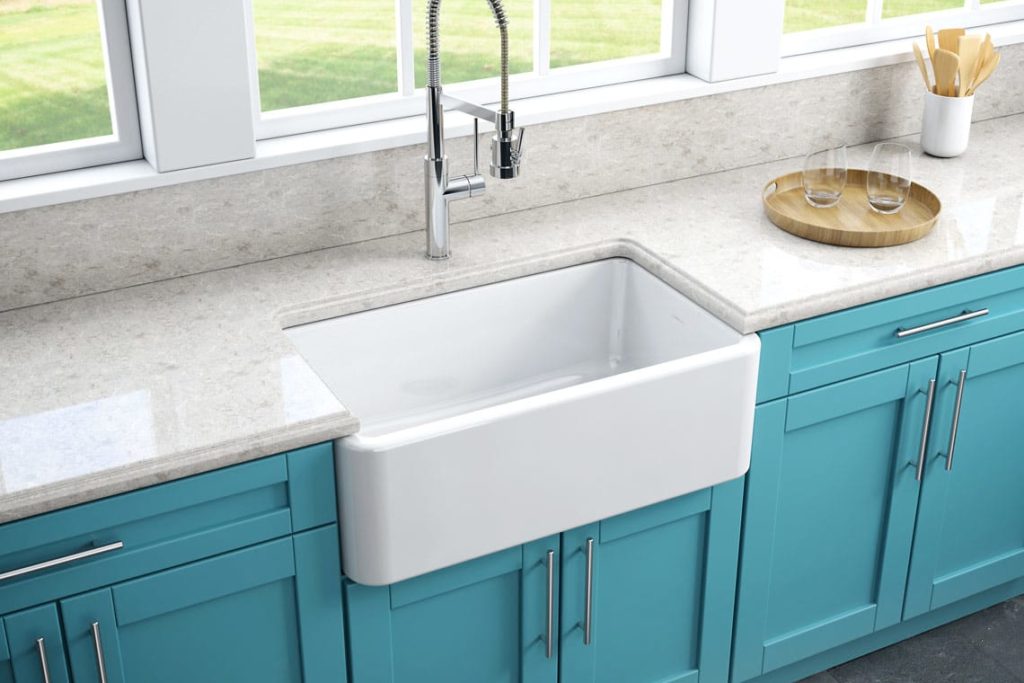

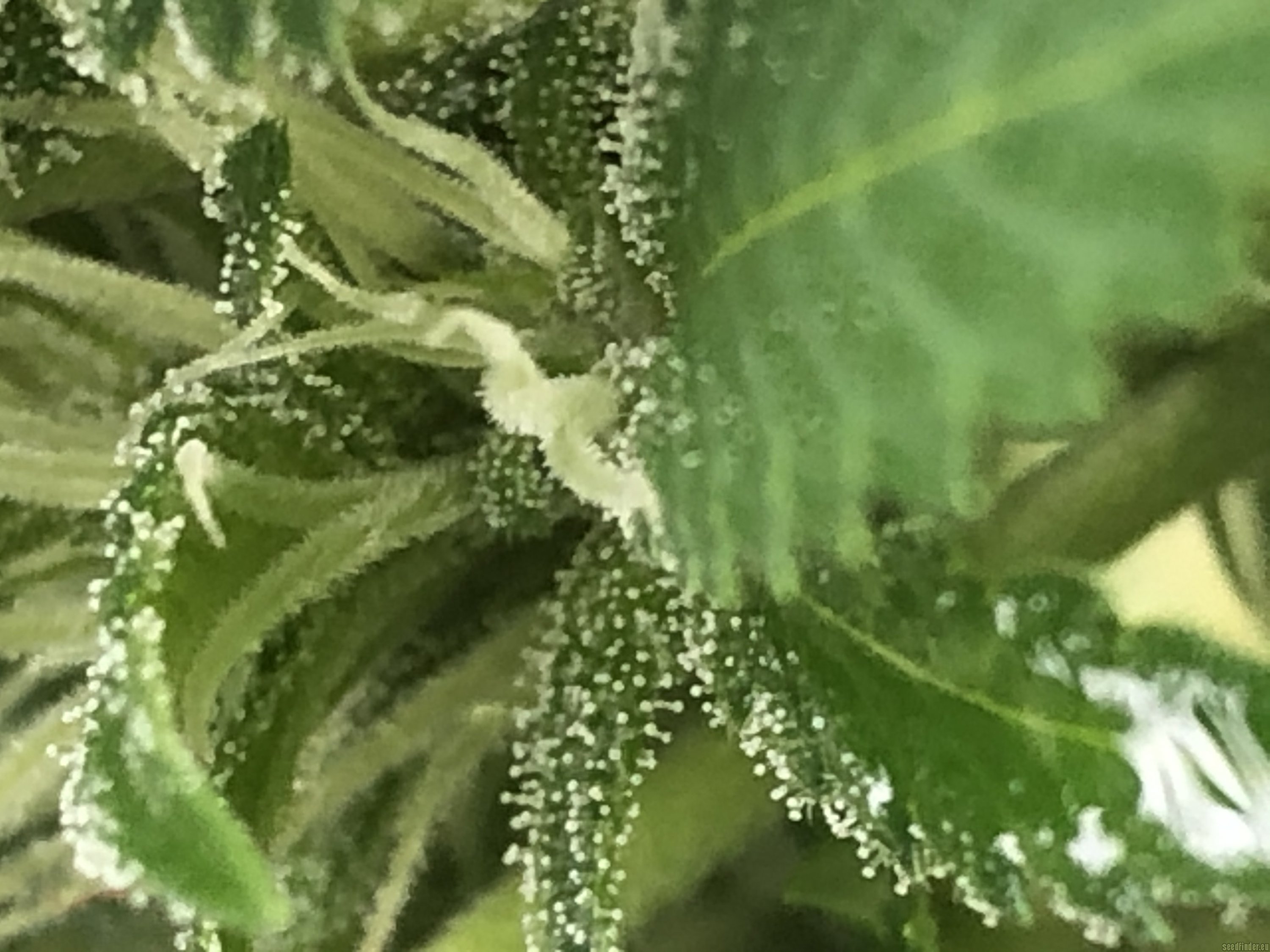
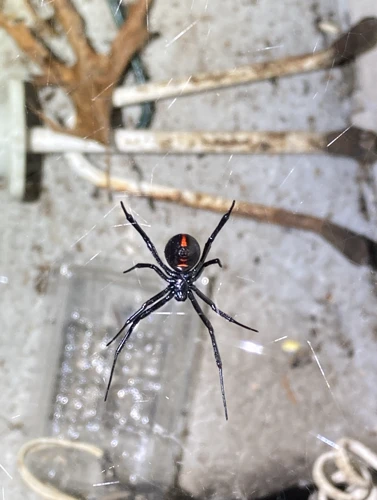



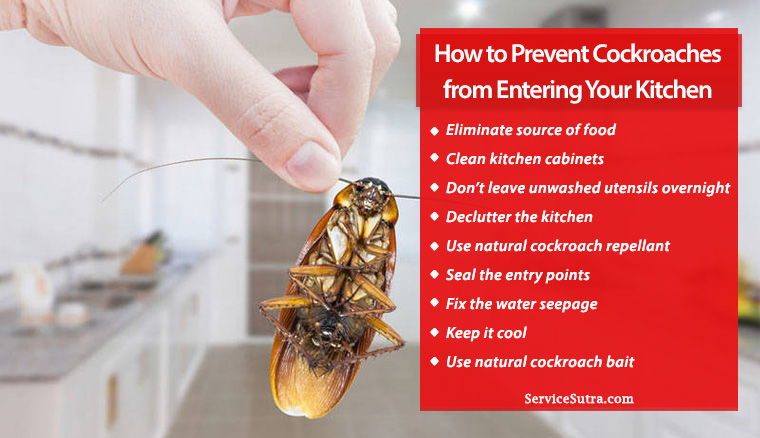



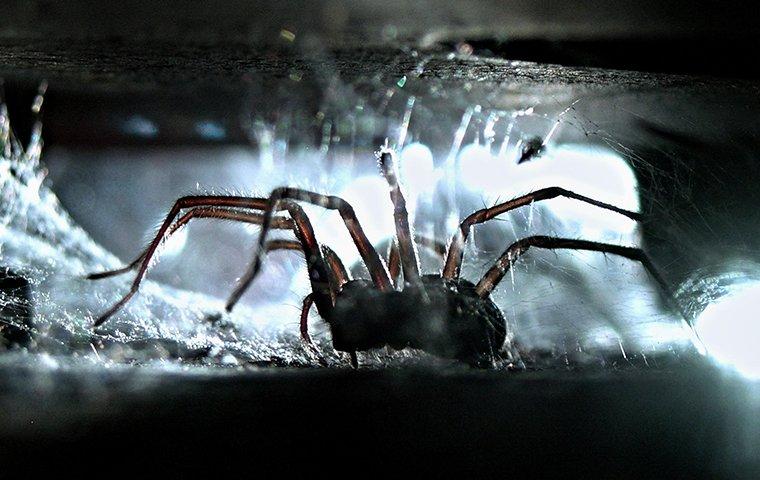







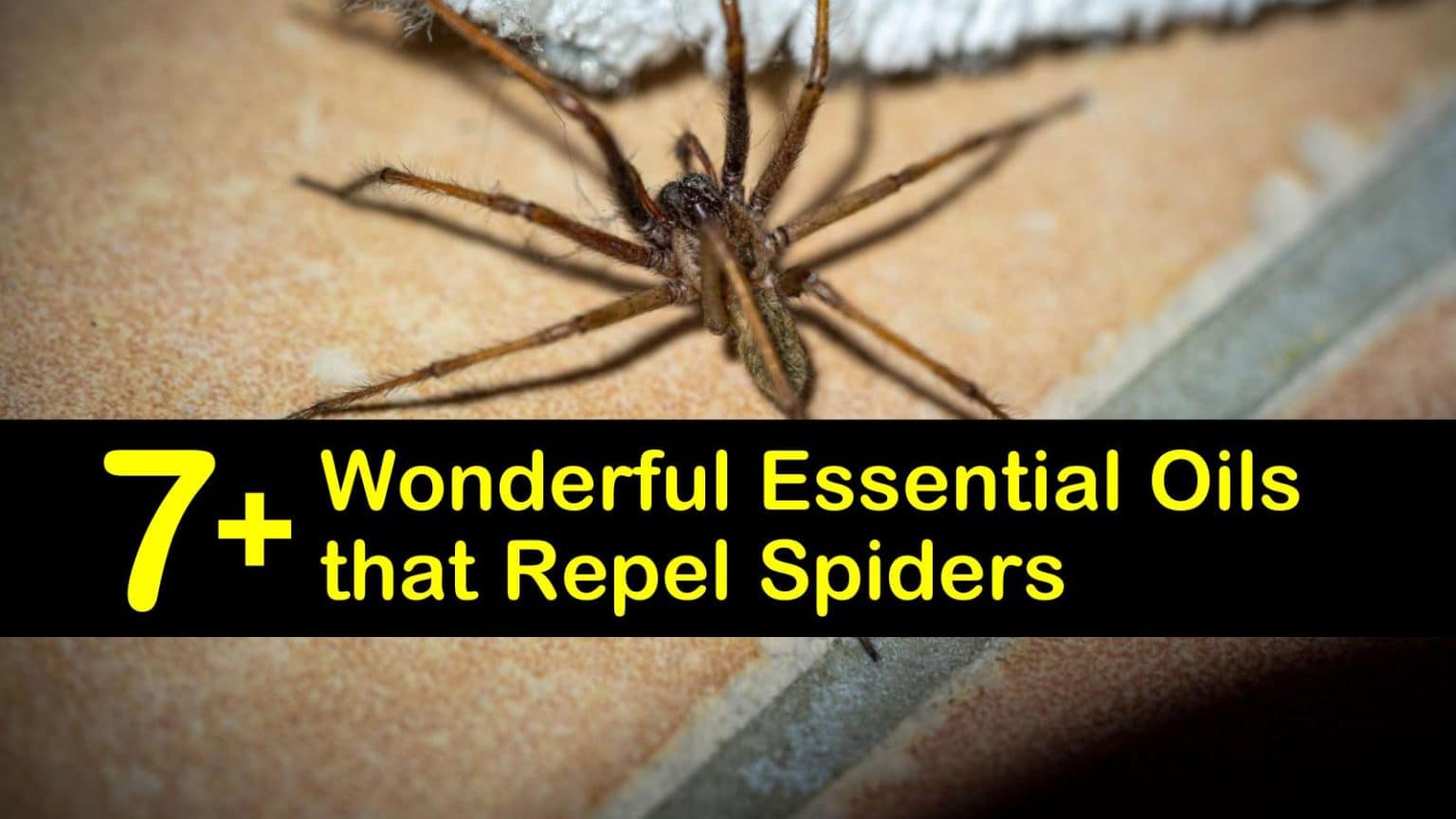
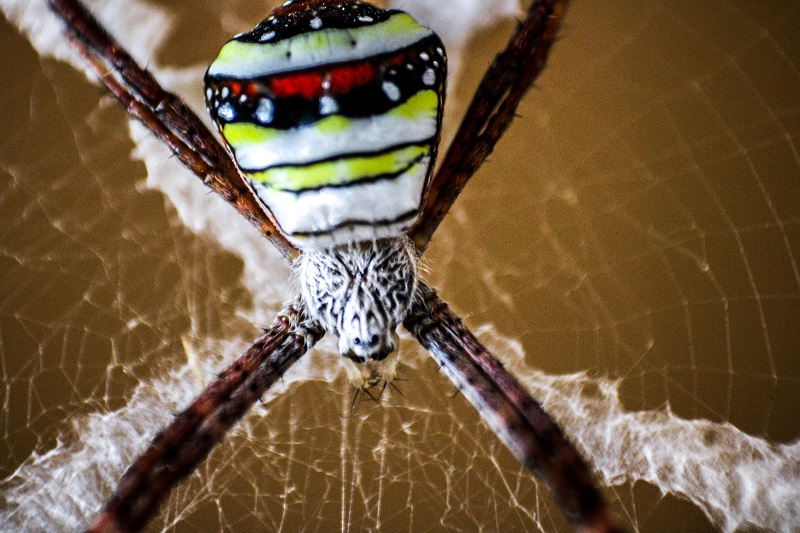

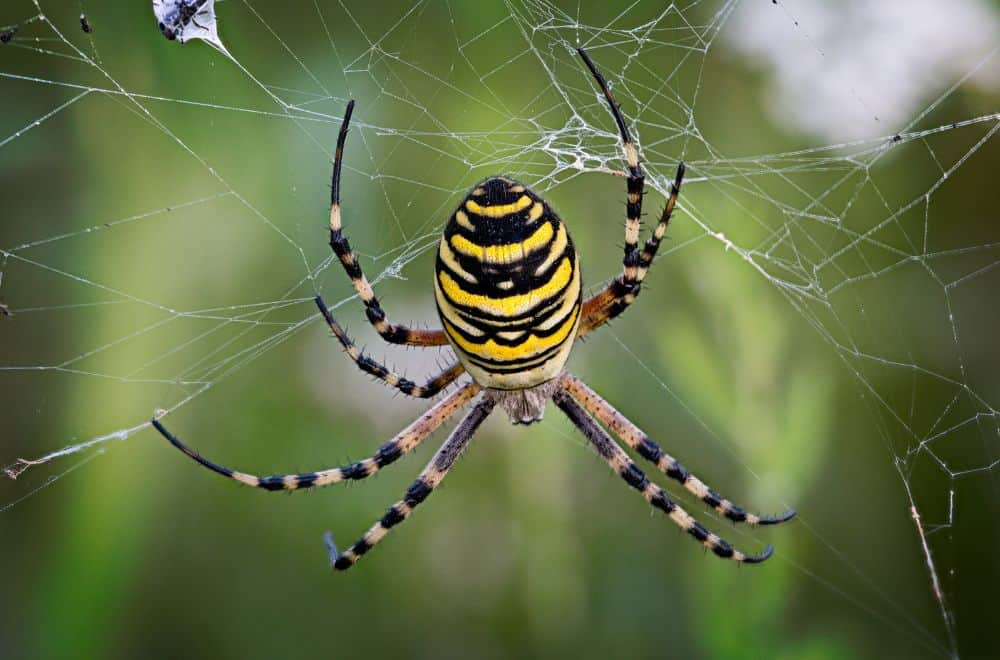







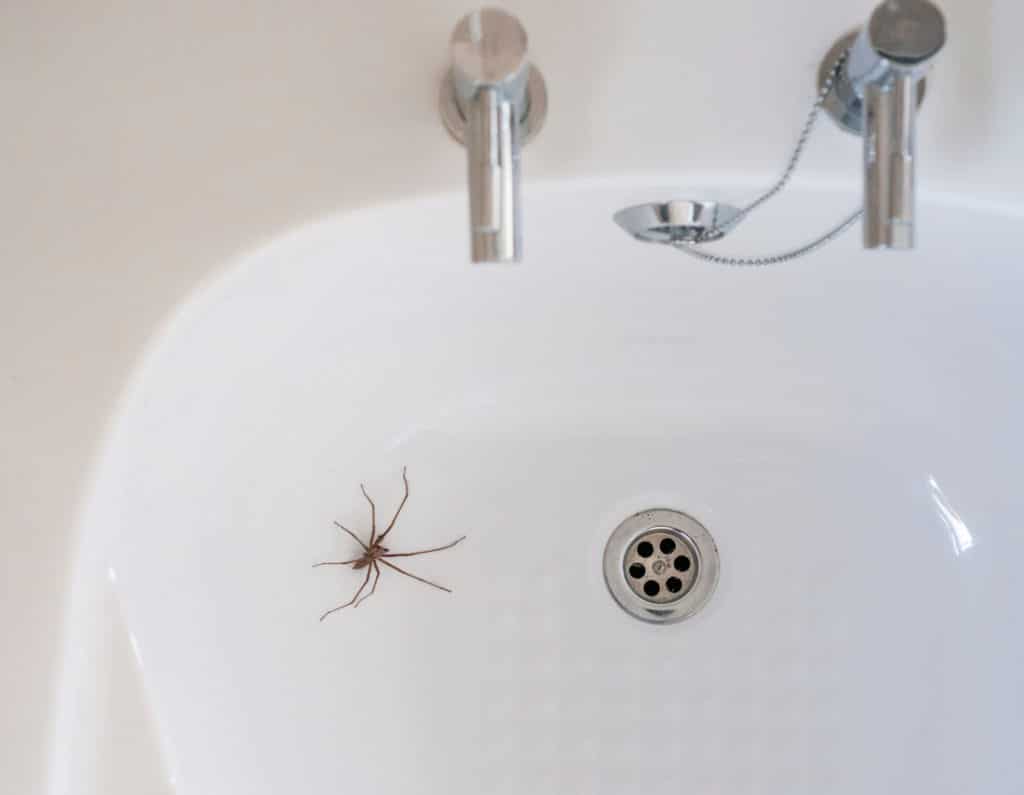








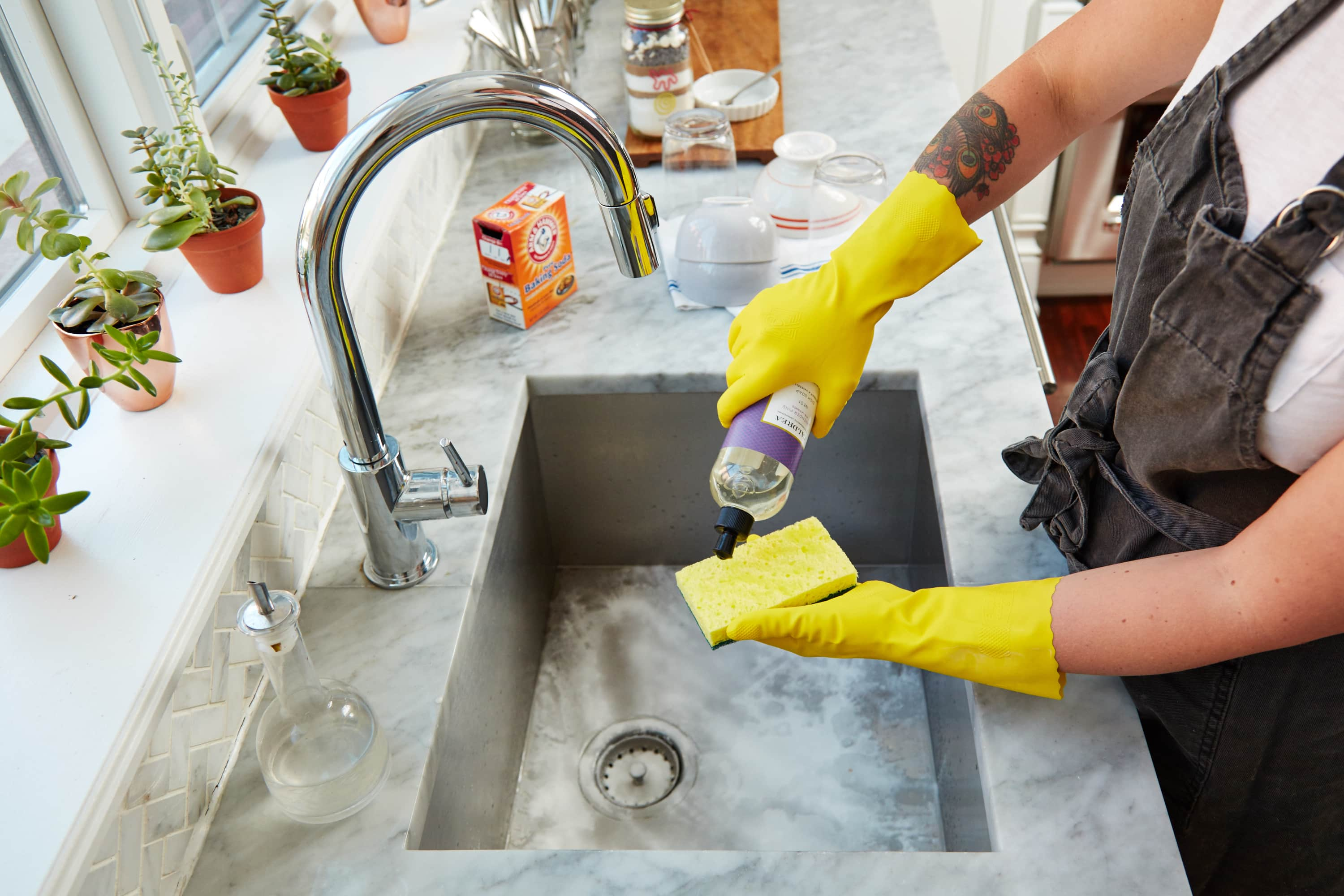




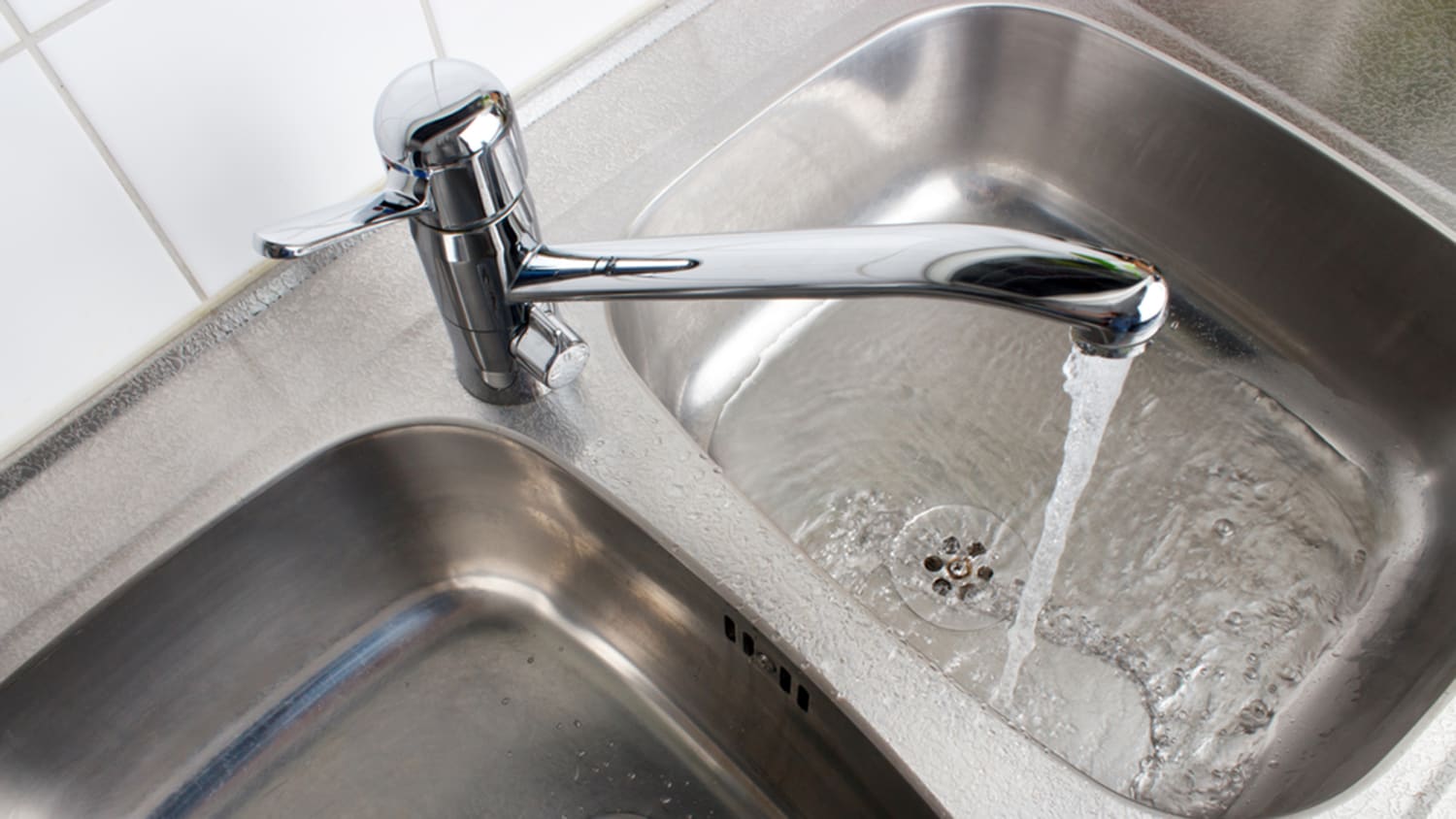


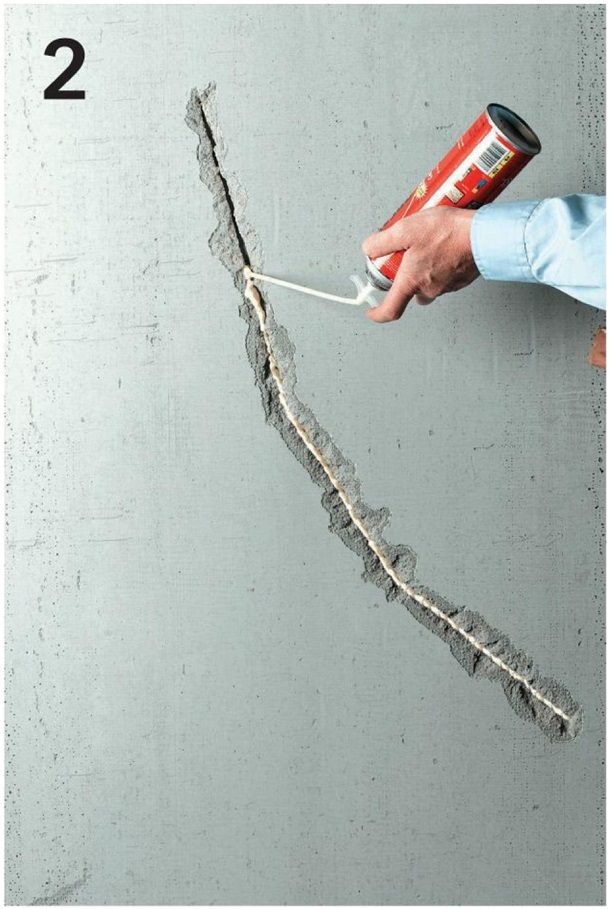

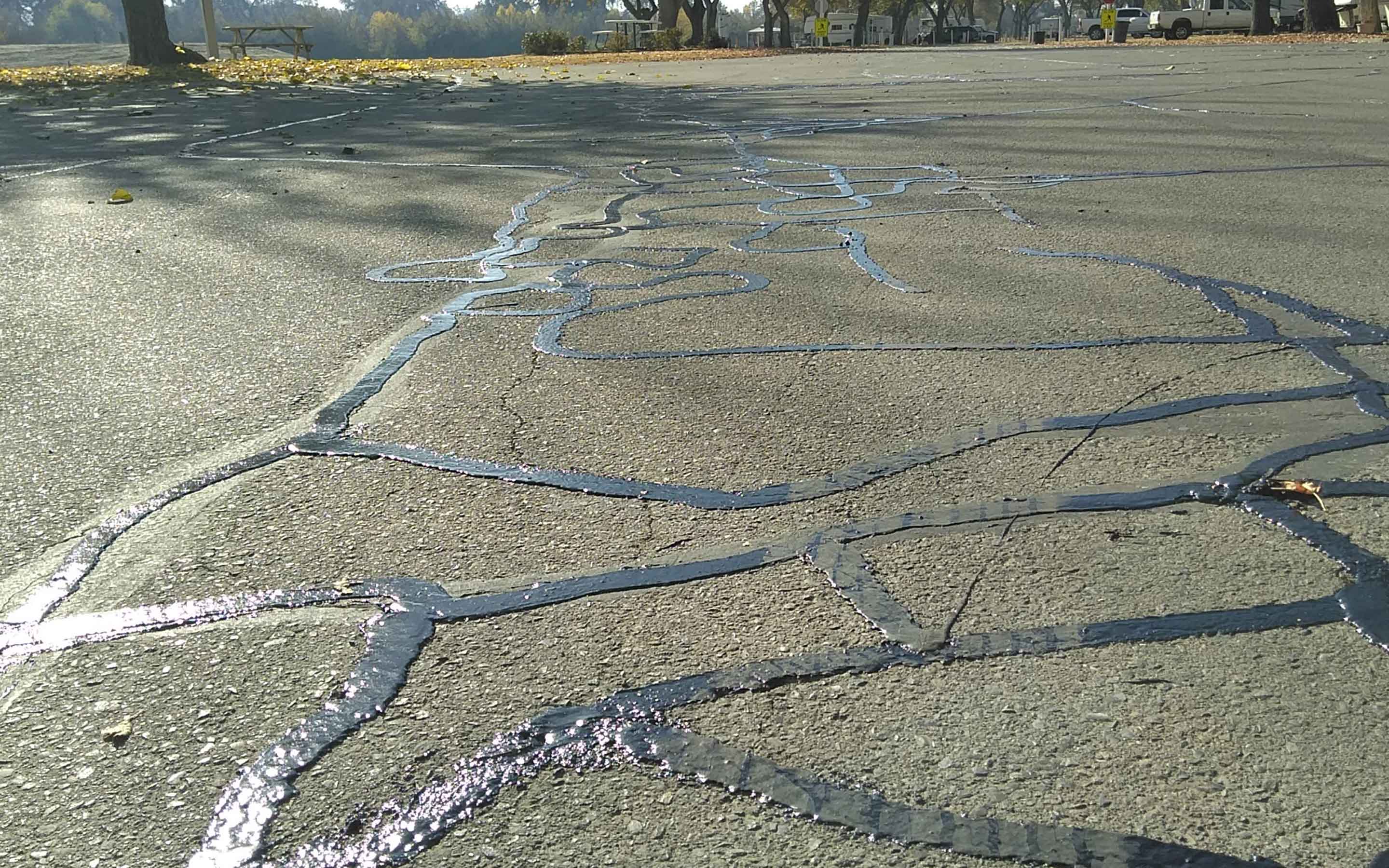


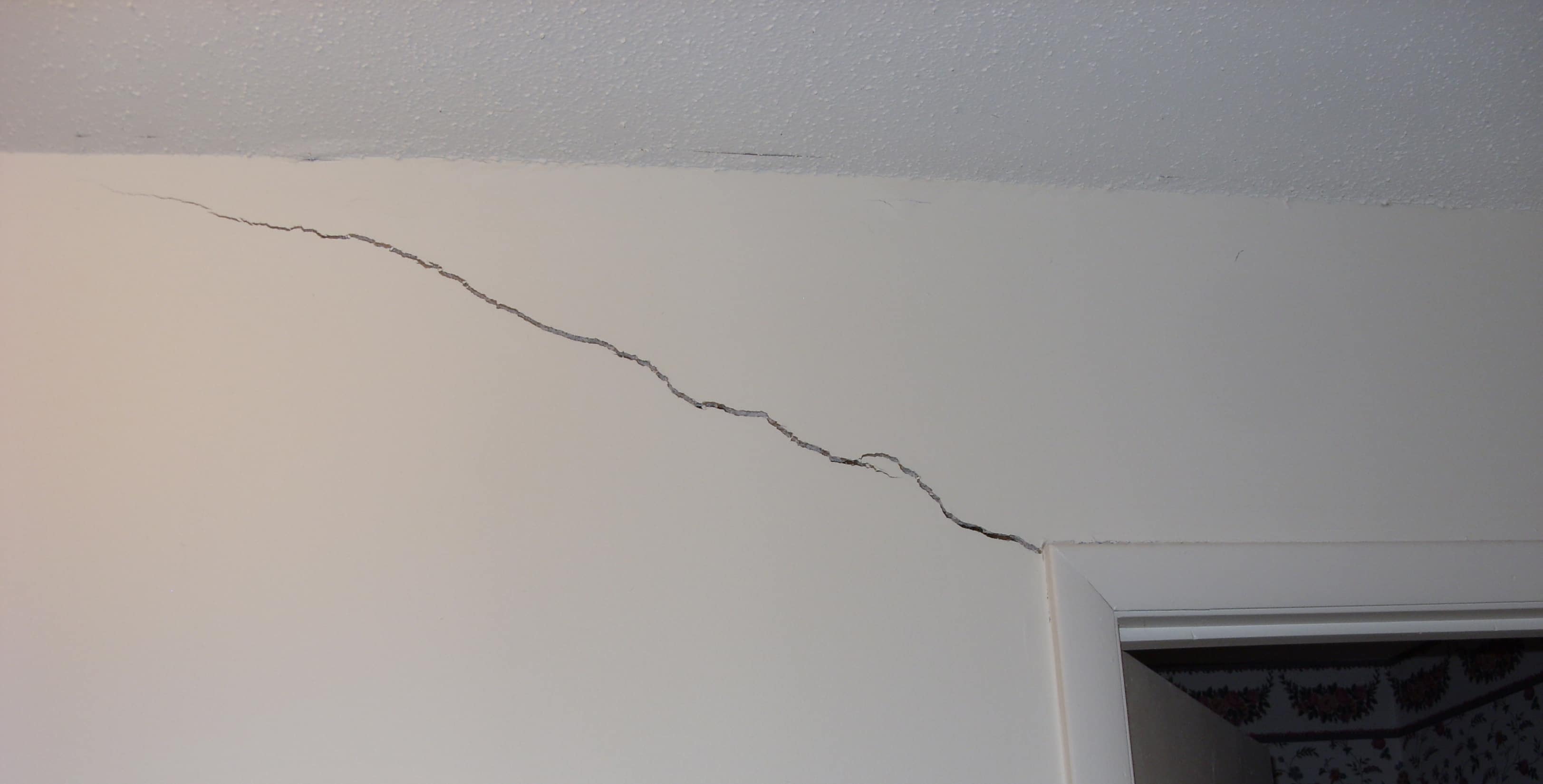
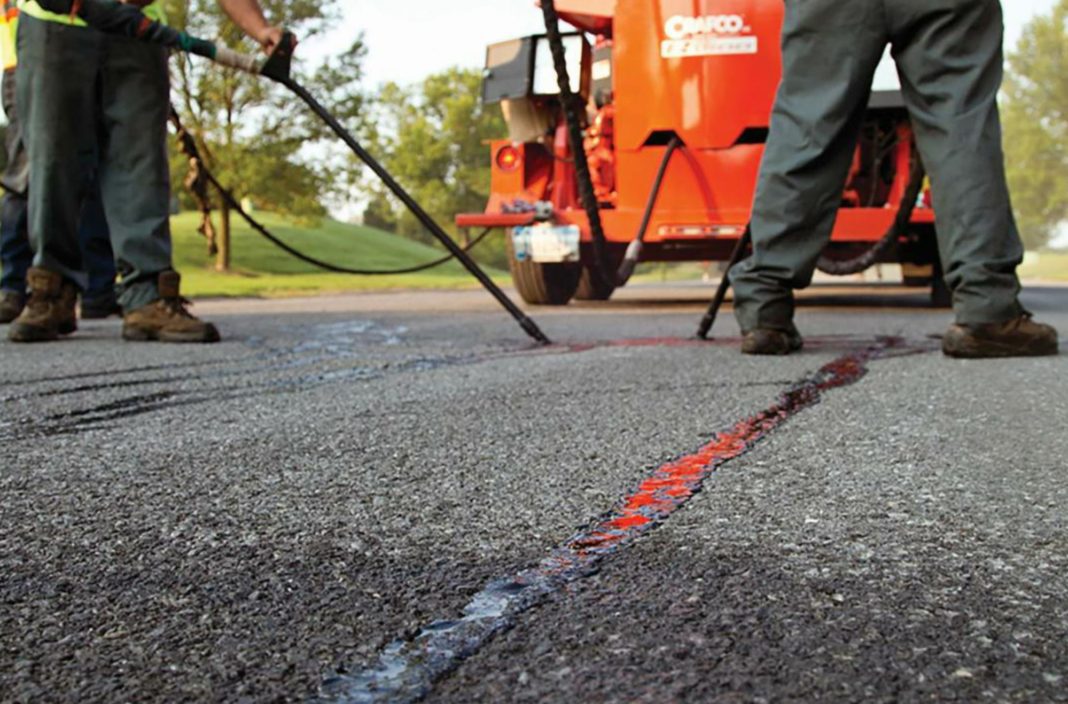

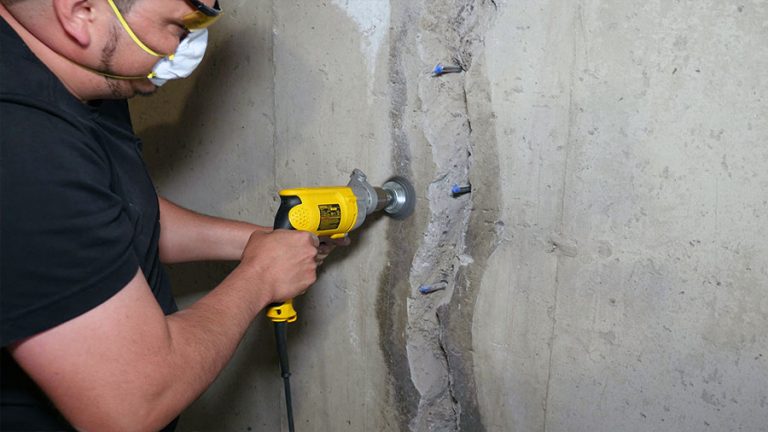




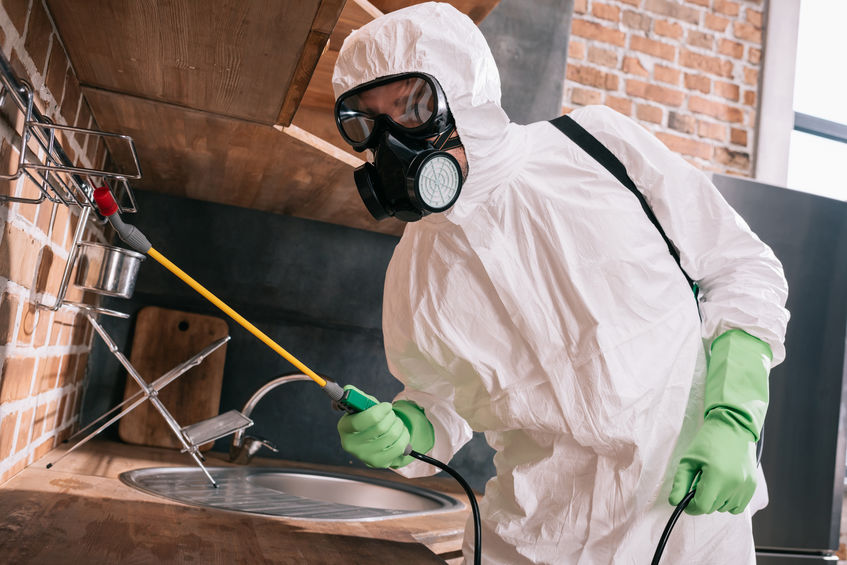


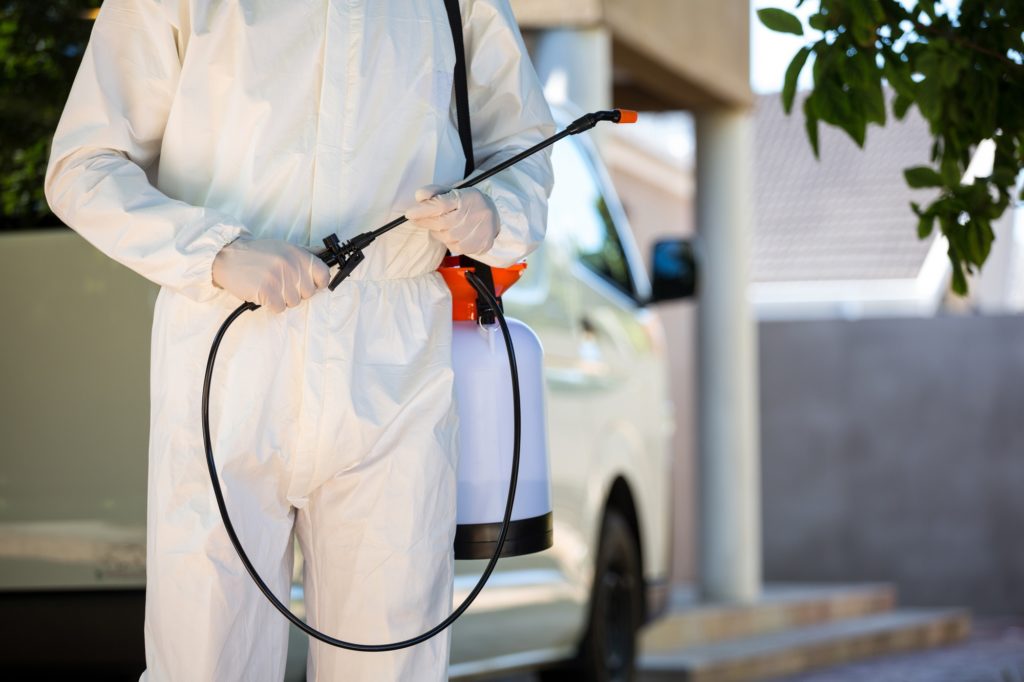







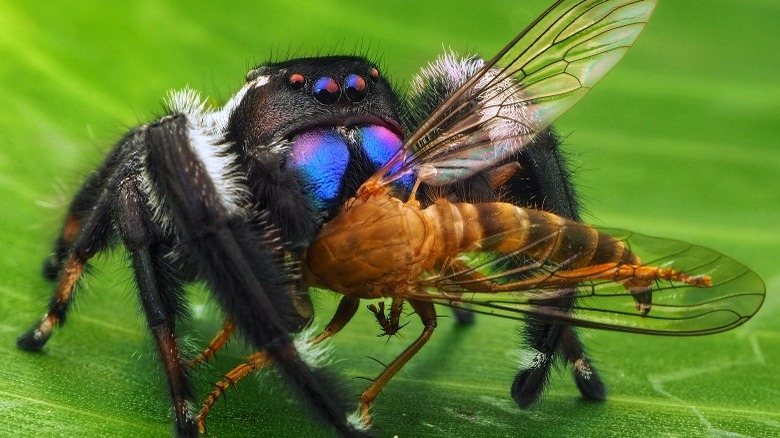
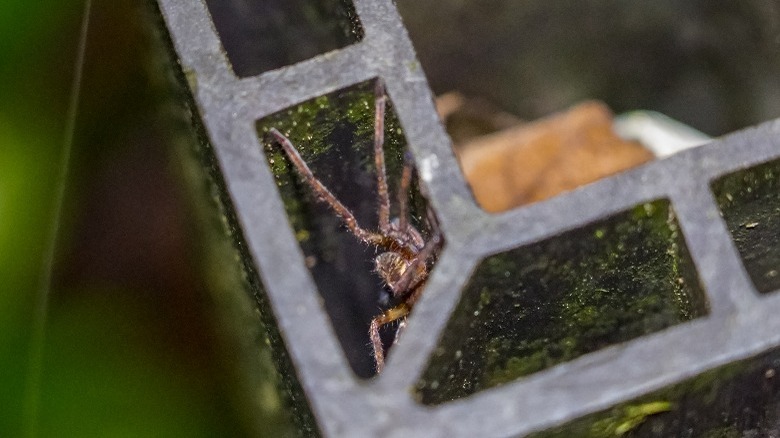


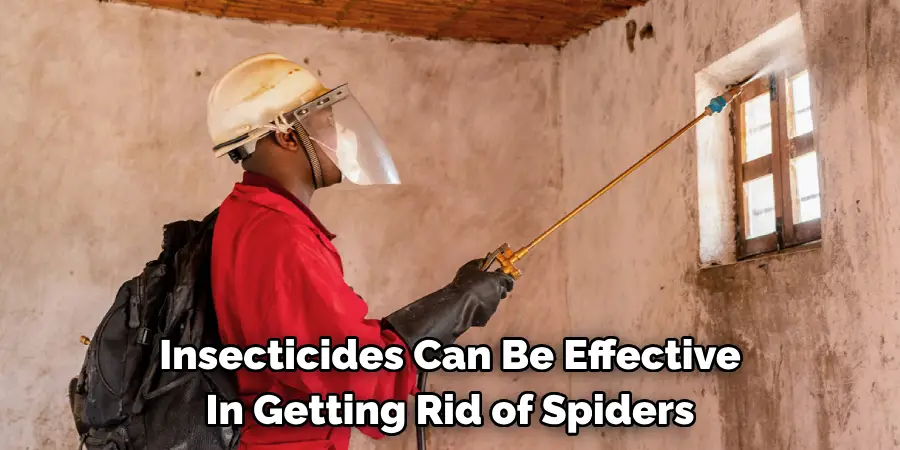
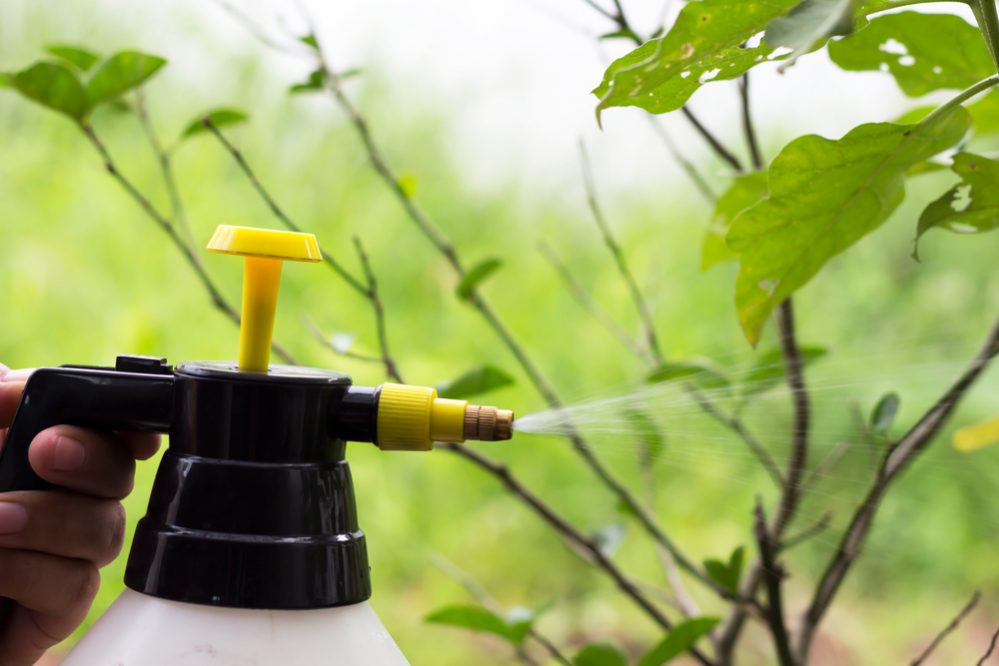








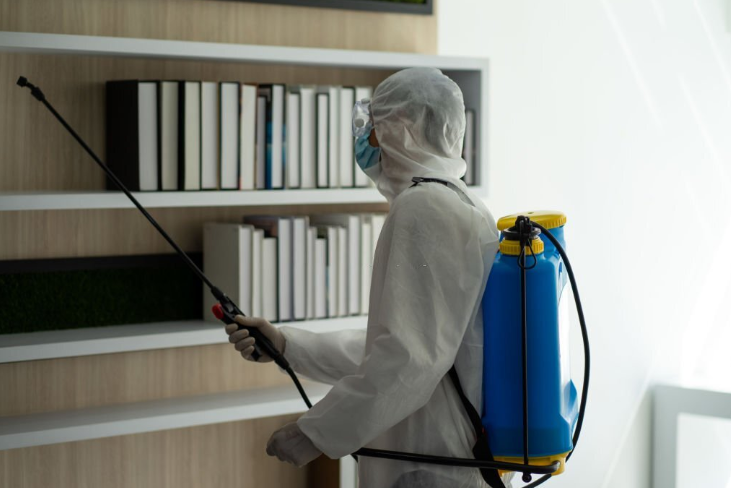


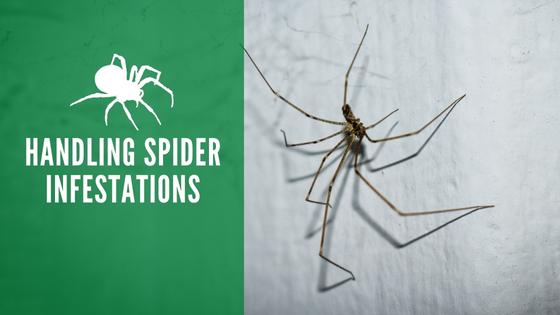


:max_bytes(150000):strip_icc()/how-to-remove-old-caulk-1824827-01-3d0370c59e124dbbaa6560c68bab111c.jpg)

